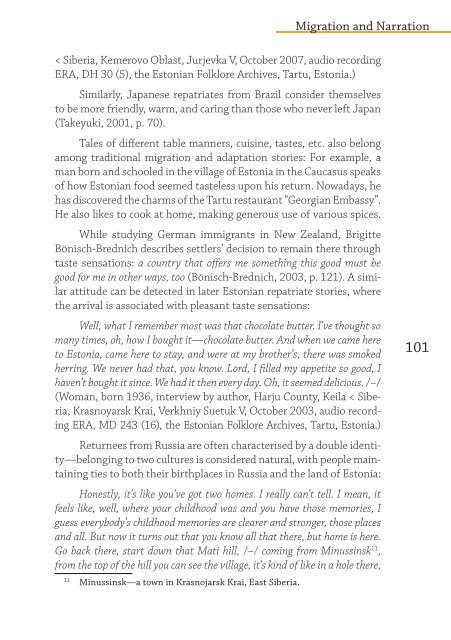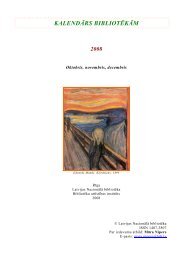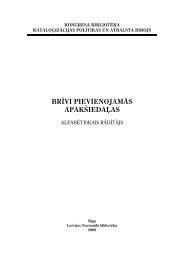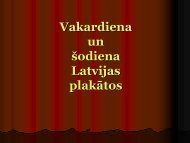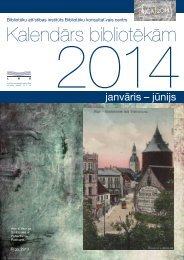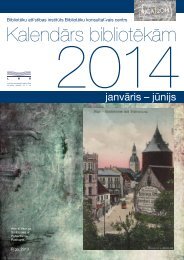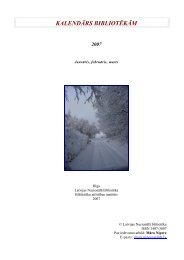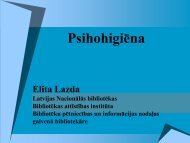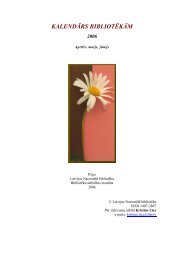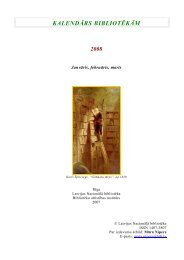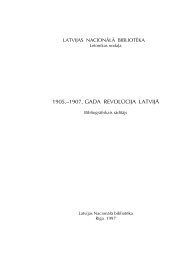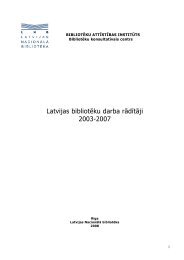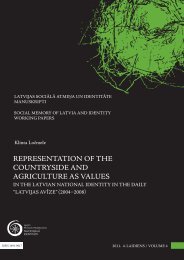ORAL HISTORY: MIGRATION AND LOCAL IDENTITIES - Academia
ORAL HISTORY: MIGRATION AND LOCAL IDENTITIES - Academia
ORAL HISTORY: MIGRATION AND LOCAL IDENTITIES - Academia
Create successful ePaper yourself
Turn your PDF publications into a flip-book with our unique Google optimized e-Paper software.
Migration and Narration< Siberia, Kemerovo Oblast, Jurjevka V, October 2007, audio recordingERA, DH 30 (5), the Estonian Folklore Archives, Tartu, Estonia.)Similarly, Japanese repatriates from Brazil consider themselvesto be more friendly, warm, and caring than those who never left Japan(Takeyuki, 2001, p. 70).Tales of different table manners, cuisine, tastes, etc. also belongamong traditional migration and adaptation stories: For example, aman born and schooled in the village of Estonia in the Caucasus speaksof how Estonian food seemed tasteless upon his return. Nowadays, hehas discovered the charms of the Tartu restaurant “Georgian Embassy”.He also likes to cook at home, making generous use of various spices.While studying German immigrants in New Zealand, BrigitteBönisch-Brednich describes settlers’ decision to remain there throughtaste sensations: a country that offers me something this good must begood for me in other ways, too (Bönisch-Brednich, 2003, p. 121). A similarattitude can be detected in later Estonian repatriate stories, wherethe arrival is associated with pleasant taste sensations:Well, what I remember most was that chocolate butter. I’ve thought somany times, oh, how I bought it—chocolate butter. And when we came hereto Estonia, came here to stay, and were at my brother’s, there was smokedherring. We never had that, you know. Lord, I filled my appetite so good, Ihaven’t bought it since. We had it then every day. Oh, it seemed delicious. /–/(Woman, born 1936, interview by author, Harju County, Keila < Siberia,Krasnoyarsk Krai, Verkhniy Suetuk V, October 2003, audio recordingERA, MD 243 (16), the Estonian Folklore Archives, Tartu, Estonia.)Returnees from Russia are often characterised by a double identity—belongingto two cultures is considered natural, with people maintainingties to both their birthplaces in Russia and the land of Estonia:Honestly, it’s like you’ve got two homes. I really can’t tell. I mean, itfeels like, well, where your childhood was and you have those memories, Iguess everybody’s childhood memories are clearer and stronger, those placesand all. But now it turns out that you know all that there, but home is here.Go back there, start down that Mati hill, /–/ coming from Minussinsk 11 ,from the top of the hill you can see the village, it’s kind of like in a hole there,11Minussinsk—a town in Krasnojarsk Krai, East Siberia.101


